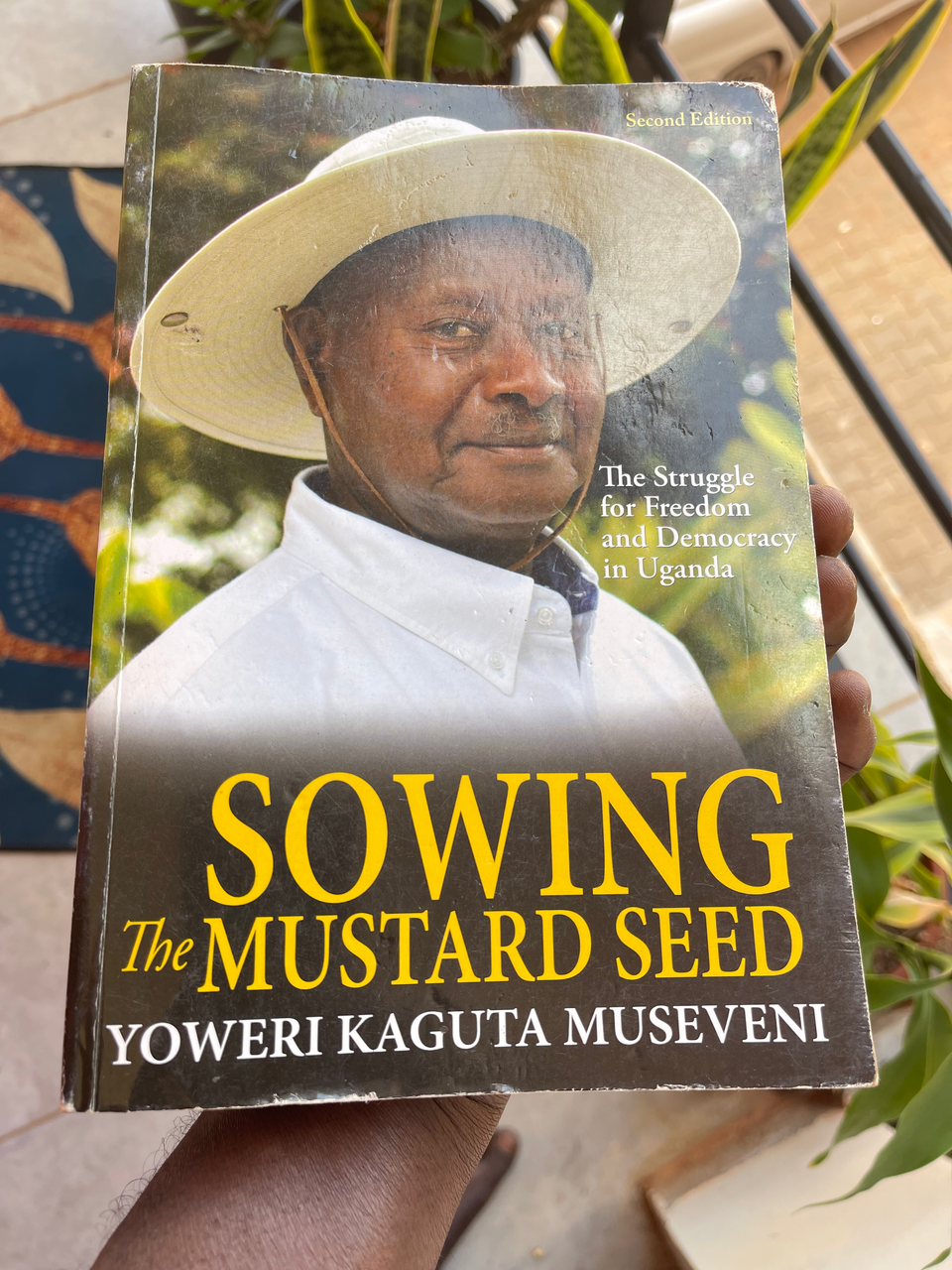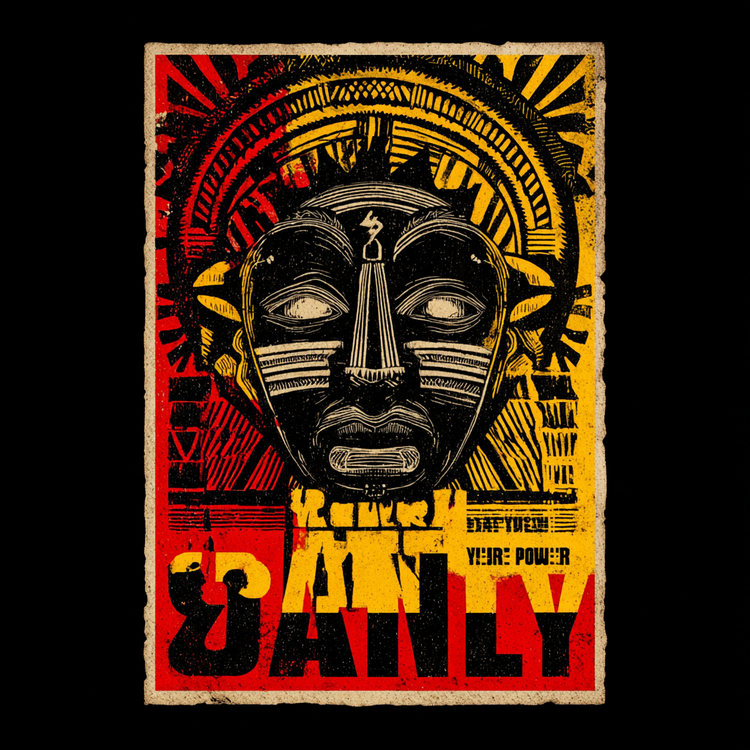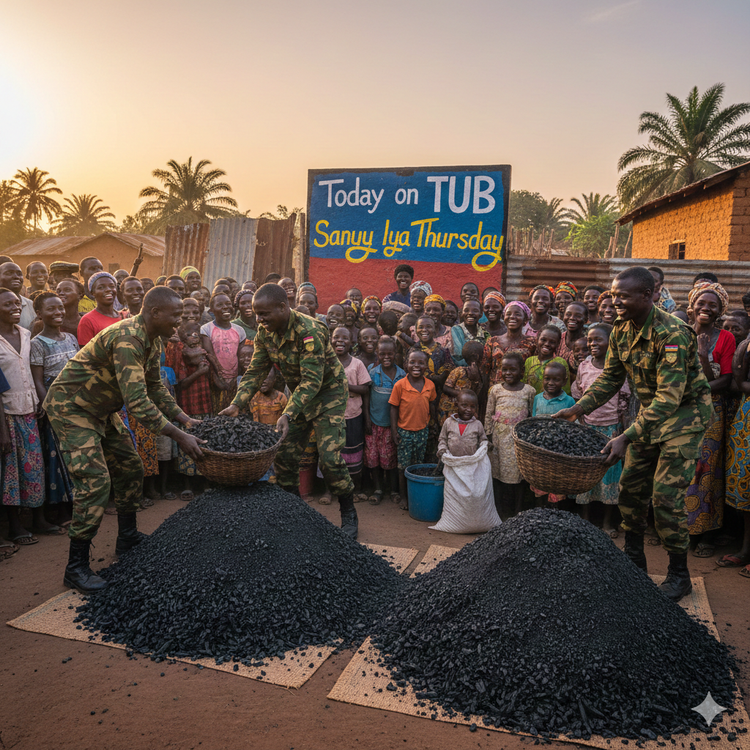The Sanyu Daily | Thursday, October 2, 2025.

Hellos
🤗 Welcome, werocome - please. It's a wonderful Thursday out here.
And it's no coincidence because we are doing a famous book. One written by a Military General who is both a Jjaja and a Peace maker.
He is sometimes called the 'Ssabalwanyi' or Chief fighter ...coming from the many poverty and transformational battles he has won. But he is both sweeter than honey - and tougher than diseases and backwardness combined.
The book is no other than 'Sowing The Mustard Seed' and was written and directed by himself. His Excellence Yoweri Tibuhabura Kaguta Museveni.
Before we reveiw this book - lets look at six significant shifts that have happened to Uganda under Jajja Muzeeyi. Here they are:
📌 For the first time In 500 years - Uganda is peaceful from Corner Kamdini to Kanaba Corner and from Kabong to Buliisa districts.
The UPDF is now a regional power with the ability to support neighbours in Sudan, CAR, Congo and elsewhere.
📌 Uganda spearheaded Africa's most successful fights against HIV-AIDS.
📌 Uganda overcame a severe economic collapse that had run for decades.
📌 Cultural kingdoms (like Buganda, Toro, Busoga and others) were restored after their abolition.
📌 Uganda got free education, for the fist time, from Primary to University level.
📌 Limits on age and presidential terms were removed from the constitution.
The above 'shifts' whether positive or negative - were significant and they continue to affect the everyday Ugandan.
Ok. Can we go back to the book -please!?
Oh Yes.
Sowing the Mustard Seed is President M7's personal account of the revolutionary struggle that led to his ascent to power in 1986. Far more than a standard autobiography, this book serves as the official foundational text for the National Resistance Movement (NRM), meticulously detailing the genesis of the five-year Ugandan Bush War (1981–1986).
It starts with Museveni’s early political awakening at the University of Dar es Salaam, where his worldview was shaped by Pan-Africanism and anti-colonial thought, instilling the discipline and ideological fervor that defined his later actions and his belief in revolutionary violence as a legitimate means to establish order.
President M7 presents his fight for democracy as a necessity for restoring state functionality and rule of law after years of chaos - emphasizing the meticulous training, logistical challenges and discipline of his small army that began with 27 rifles.
He details that difficult Luwero Triangle campaign, outlining the NRA's military-political strategy—the concept of a protracted "people's war"—focused on winning the hearts and minds of the populace, differentiating it sharply from the atrocities committed by previous regimes.
While the book is highly factual and military-focused, often delving into the minutiae of skirmishes, armament acquisitions, and political zigzag, its tone is consistently didactic.
Museveni frequently interrupts the historical narrative with lengthy philosophical passages, offering deep analyses and pronouncements on good governance and African development.
This dual role—part granular military history, part political manifesto—makes the book an indispensable primary document for understanding post-1986 Uganda and the NRM’s ideology.
However, you will not fail to recognise the one sided account that justifies the NRM’s initial rejection of multiparty politics and largely minimizes the political consolidation required to maintain a four-decade hold on power.
In conclusion - the book remains an essential reading for anyone studying modern East African political transitions and the formation of modern Uganda's state apparatus.
That's all for today.
The Sanyu Daily Team
💭 DAILY QUOTE
“Judge yourself and beware of passing judgement on others. In judging others we expend our energy to no purpose; we are often mistaken and easily sin. But if we judge ourselves our labor is always to our profit.” Thomas a Kempis.





